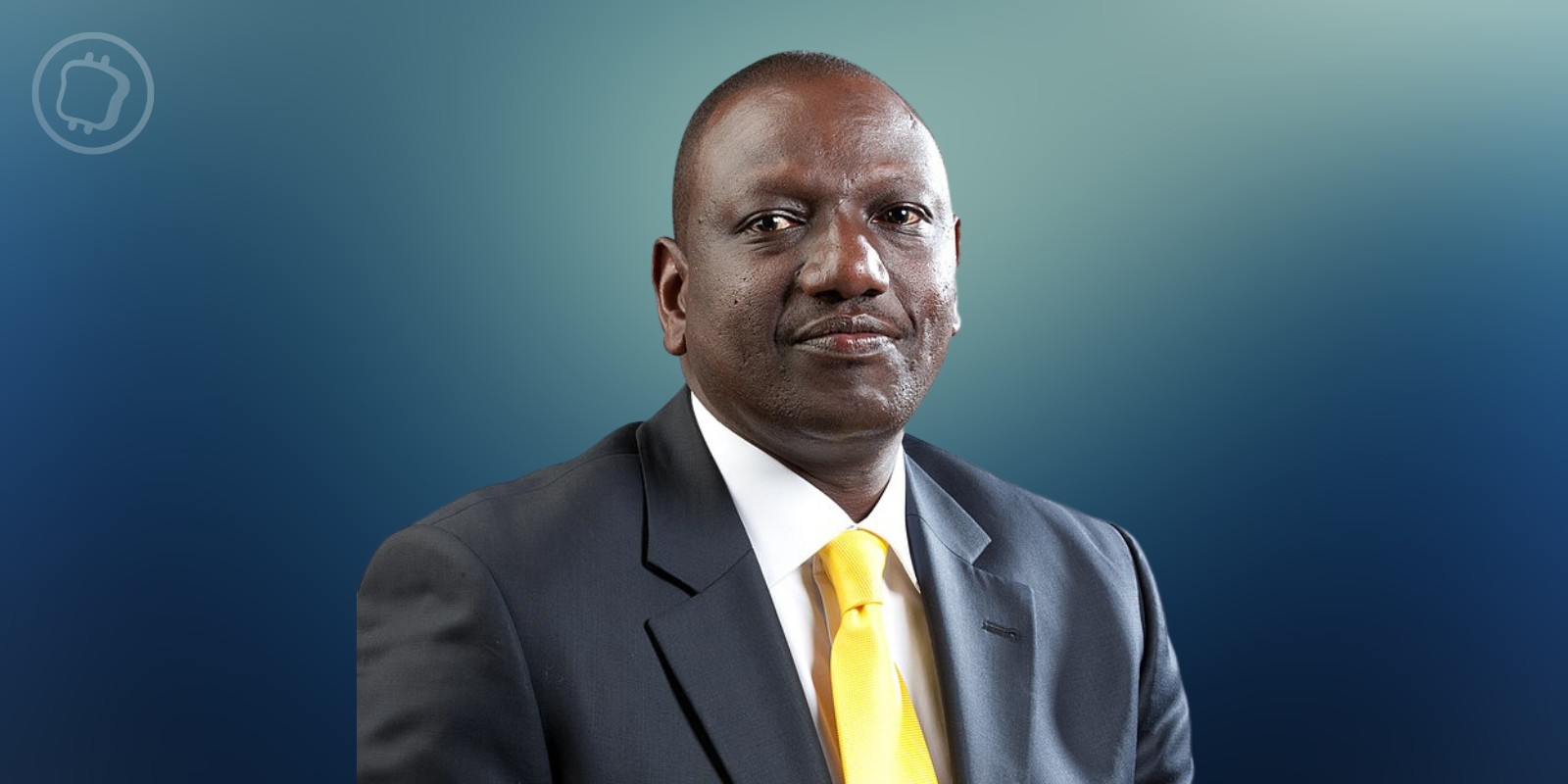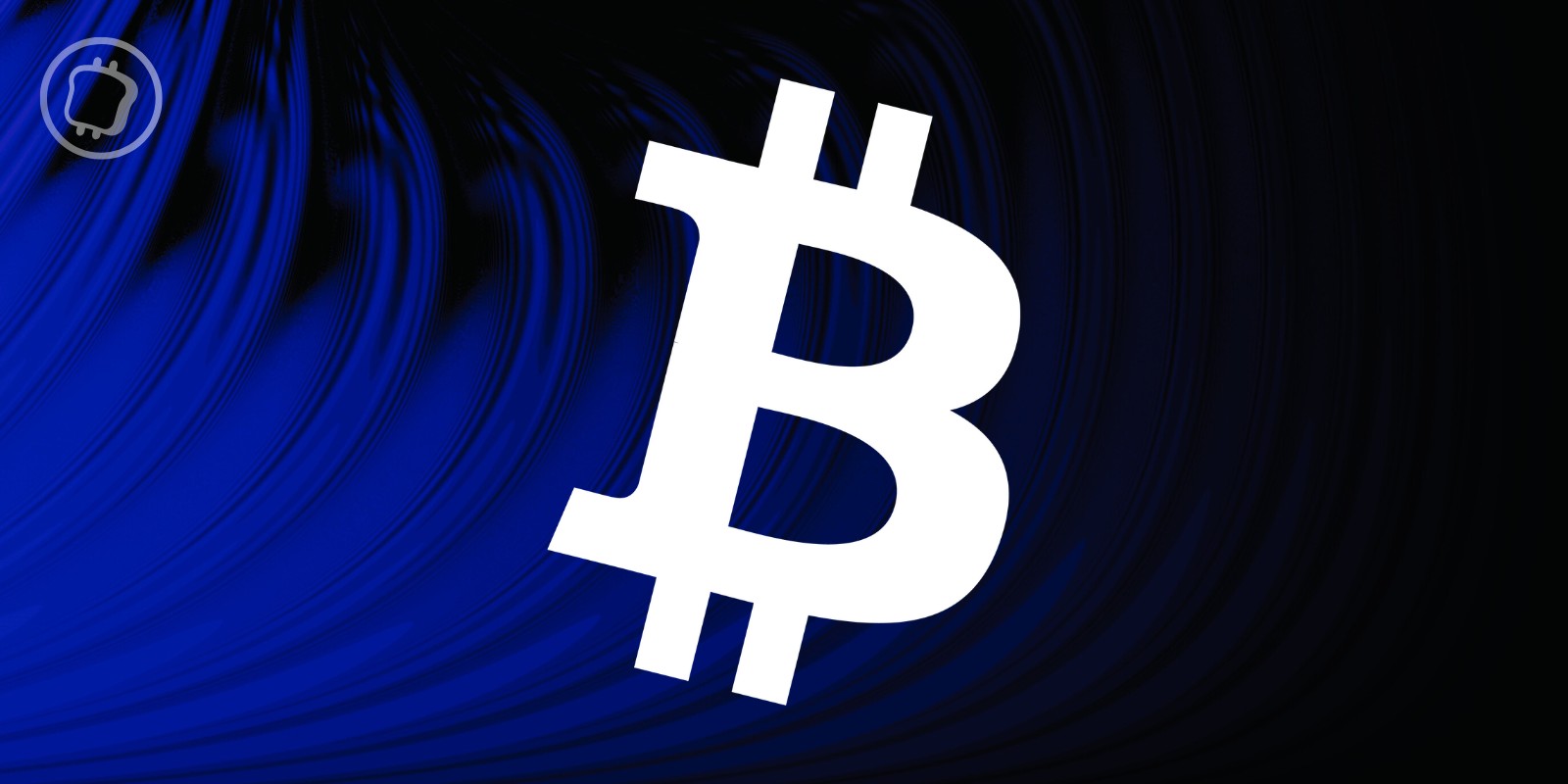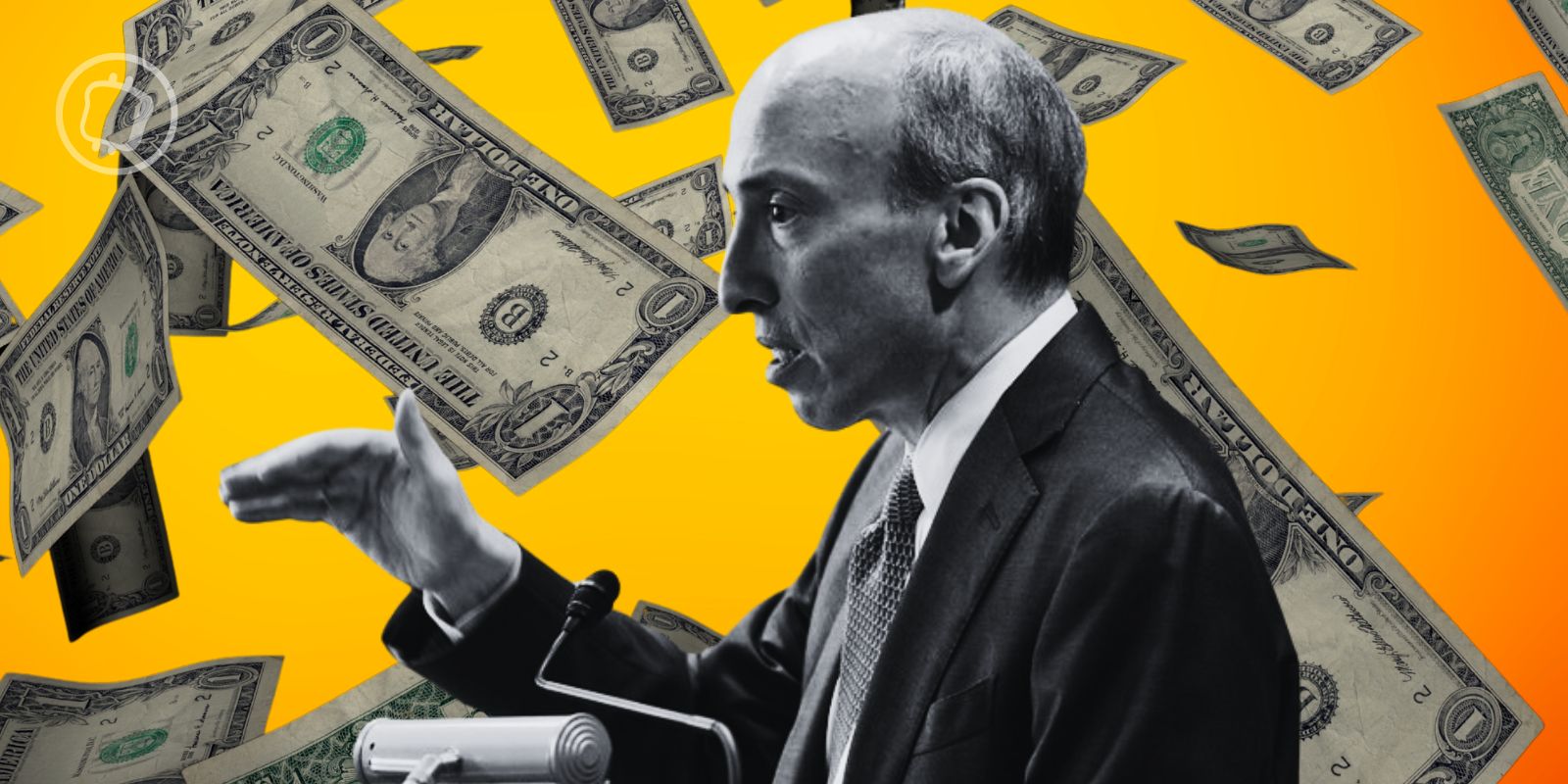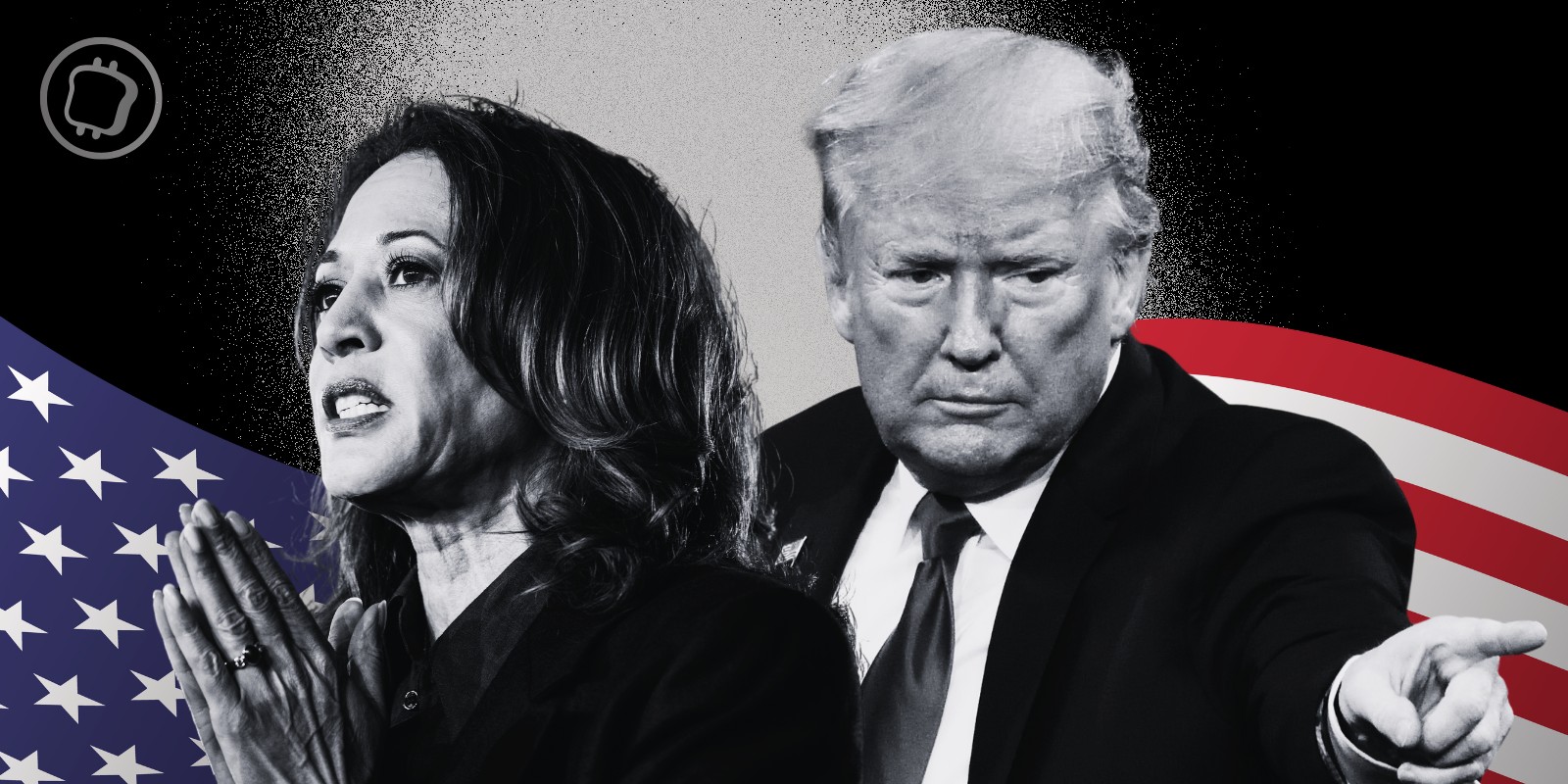The dollar, soon a figure of the past in Africa? This is the wish of the President of Kenya, who has called on the continent to get rid of the influence of US fiat currency. This is one more sign of the profound change that is beginning to affect the global economy.
Africa should get rid of the dollar, says Kenya’s president
More and more countries are calling to shed the influence of the dollar in recent months. While the “de-dollarization” of the world seems inevitable, several territories have begun to make it an issue of sovereignty. This is the case of Kenya, by a recent statement by President William Ruto.
Speaking at a conference on the African Continental Free Trade Area (AfCFTA), the President of Kenya called on other African countries harmonize their payment systems :
“We all have difficulties in making payments for goods and services from one country to another, because of the difference in currencies. And in the middle of it all, we are subject to a dollar environment.»
As a reminder, many African countries rely partially on the dollar, in order to facilitate international trade, but also because people want to protect themselves from inflation which affects a large number of local currencies.
👉 Do not miss our guide – How to buy Bitcoin in 2023? Get guided step by step
Buy crypto on eToro
Ability to use local systems
The challenge, according to William Ruto, is therefore to be able to build and maintain local systems that work, breaking away from the influence of the United States. The President of Kenya notably invited the countries of the continent to join the Pan-African Payment and Settlement System (PAPSS). This protocol was launched in January 2022 in order to harmonize trade between countries.
Currently, the use of dollars, as well as external systems, is very expensive and causes delays of several days for local settlements:
“Without a single payment platform, payment instructions from one African country to another typically pass through several intermediary financial institutions, which leads to higher costscomplications, problems, and unnecessary currency fluctuations.»
Kenya is also not the only country in Africa to build systems that are not based on the dollar. In Zimbabwe, a digital currency backed by gold will be issued, in order to reduce the use of the dollar. It is therefore likely that Africa is the cradle of a profound financial transformationwhich will no longer be based on “classic” systems.
👉 Listen to this article and all other crypto news on Spotify
Our service dedicated to cryptocurrency investors. Get real-time analytics and optimize your crypto portfolio.

Source: The East African
Image: Magiondolo via Wikimedia Commons (CC BY-SA 4.0
Newsletter 🍞
Receive a summary of crypto news every Monday by email 👌
What you need to know about affiliate links. This page presents assets, products or services relating to investments. Some links in this article are affiliated. This means that if you buy a product or register on a site from this article, our partner pays us a commission. This allows us to continue to offer you original and useful content. There is no impact on you and you can even get a bonus by using our links.
Investments in cryptocurrencies are risky. Cryptoast is not responsible for the quality of the products or services presented on this page and could not be held responsible, directly or indirectly, for any damage or loss caused following the use of a good or service highlighted in this article. Investments related to crypto-assets are risky by nature, readers should do their own research before taking any action and only invest within the limits of their financial capabilities. This article does not constitute investment advice.
AMF recommendations. There is no guaranteed high return, a product with high return potential involves high risk. This risk-taking must be in line with your project, your investment horizon and your ability to lose part of this savings. Do not invest if you are not ready to lose all or part of your capital.
To go further, read our Financial Situation, Media Transparency and Legal Notices pages.


















